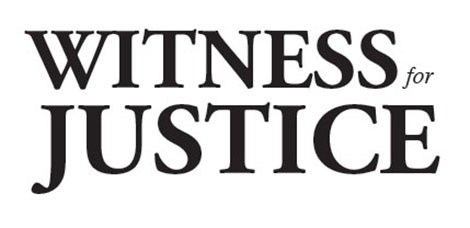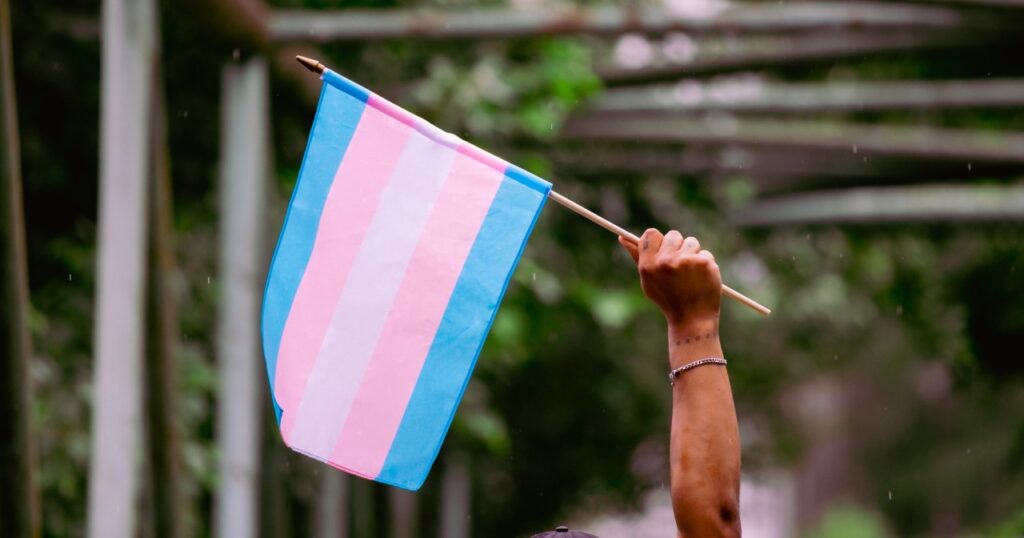Commentary: Rewriting the Story of U.S.-Philippines Relations
 The last stop on President Trump’s recent Asia tour was the Philippines, where he engaged in a friendly meeting with President Rodrigo Duterte. In the streets of Manila protestors burned effigies and held signs that decried Trump as an imperialist and Duterte as a fascist.
The last stop on President Trump’s recent Asia tour was the Philippines, where he engaged in a friendly meeting with President Rodrigo Duterte. In the streets of Manila protestors burned effigies and held signs that decried Trump as an imperialist and Duterte as a fascist.
Many criticized President Trump for, as Rep. Jim McGovern described it, “cozying up” to “dictator” Duterte during their bilateral meeting. President Trump’s willingness to overlook Duterte’s human rights abuses for the sake of U.S. national interest is a step in the wrong direction, and one that reinforces Filipinos’ suspicions of their former colonial ruler.
The history of U.S.-Philippines relations is close but troubled. When the U.S. tried to make the country a colony in 1898, the Philippines went to war with their erstwhile ally for independence. And while the U.S. helped end Japanese occupation of the archipelago in World War II, it has since treated the Philippines like a client state. The U.S. has a history of supporting dictators like Ferdinand Marcos who use violence and abuse human rights to exert the rights of economic stakeholders over those of the Philippine people. Today the U.S. regards the Philippines as a strategic ally in an important region of the world; using the Philippines to position naval and ground forces around the Pacific Rim to counter China’s expanding economic and military presence.
Human rights were not high on the agenda during November’s bilateral meeting. Instead, Trump affirmed his “great relationship” with Duterte, and assured him of U.S. support, including financial and military, for the Philippine government’s counter-insurgency and anti-terror programs. But the U.S. should not condone Duterte’s human rights abuses. Since he was elected in 2016, Duterte has been criticized for his aggressive war on drugs, in which he said he would “be happy to slaughter” as many drug addicts as Hitler did Jews. Many thousands of suspected drug users and traffickers have been summarily executed in extra-judicial killings, a crime under international law.
The need to speak out has increased in recent months. Duterte’s war on drug users has expanded to include other peaceful groups aligned with students, labor organizers, defenders of indigenous and land rights, and opposition politicians. Since Trump assured him of U.S. support in November, Duterte has increasingly used “anti-terror” laws to legitimize repression and violation of rights of ordinary citizens.
The more Duterte abuses human rights, the more the U.S. must refuse to use him cynically for our national and economic interests. The Senate Foreign Relations Committee is considering and should advance S. 1055, The Philippine Human Rights Accountability and Counter-Narcotics Act, to clearly repudiate Duterte’s human rights violations. December 10 is International Human Rights Day. Rather than follow the familiar script of colonial patron, this should be an occasion for the U.S. to support legislation like this, and begin to rewrite the story of U.S.-Philippines relations, and insist that as partners we must expect and foster mutual respect for human rights of all people.
Derek Duncan is Area Executive for East Asia and the Pacific of the United Church of Christ.
View this and other columns on the UCC’s Witness for Justice page.
Donate to support Witness for Justice.
Click here to download the bulletin insert.
Related News
Pension Boards appoints David A. Klassen as its President, CEO
The Pension Boards, an affiliated ministry of the United Church of Christ recently announced its...
Read MoreTrans Day of Visibility message from UCC’s Thompson: ‘We will continue to show up and speak up’
On March 31, pale pink and baby blue striped flags fluttered in the wind in front of homes,...
Read MoreHelp Wanted
While in Washington, DC on Ash Wednesday, the 44th day of the current administration, I made...
Read More



